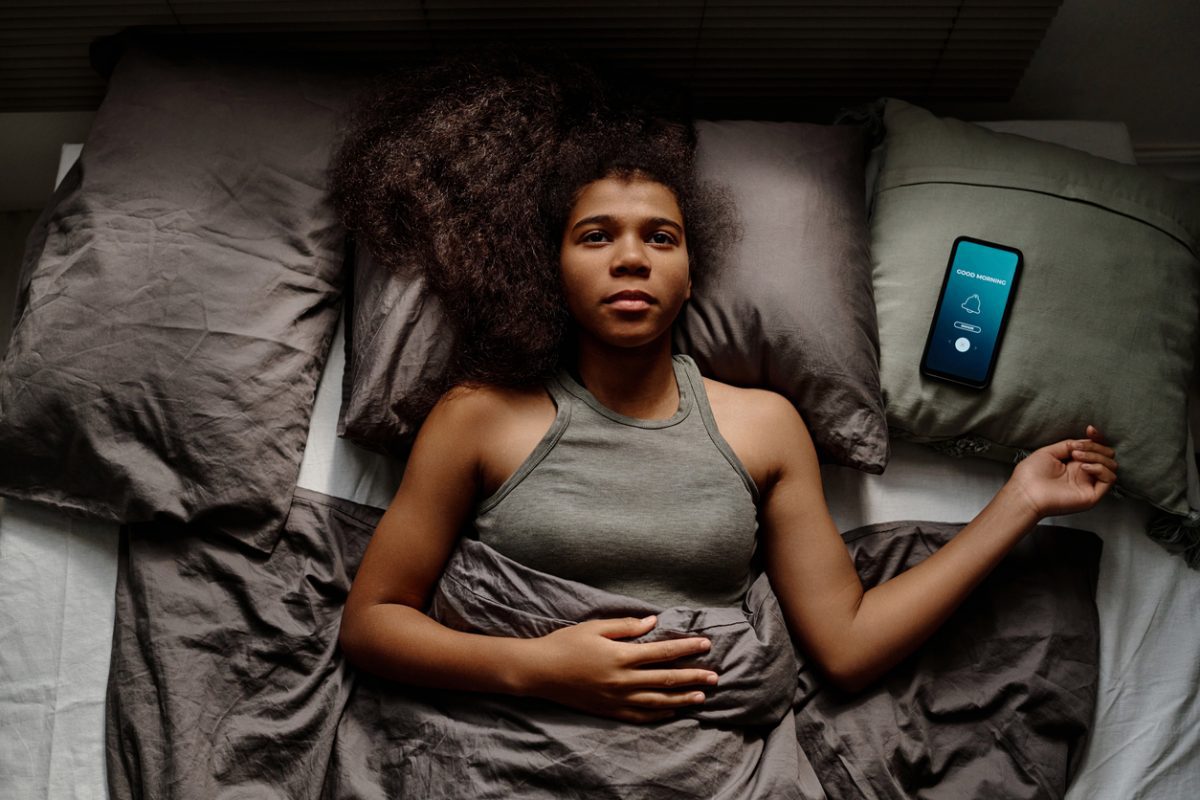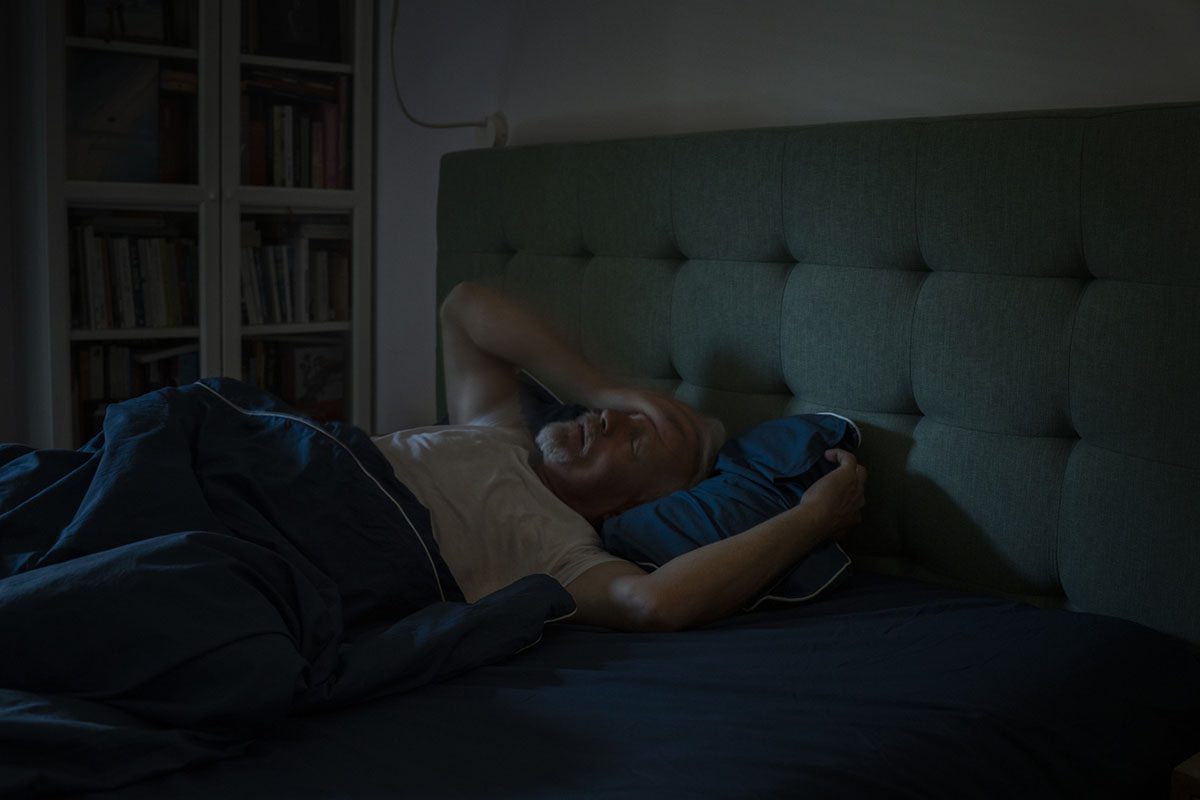Objective: Circadian rhythm dysfunction has been considered to be common in bipolar disorder (BD) and plays an important role in mood dysregulation in this disorder. However, no study has investigated whether circadian rhythm dysfunction would affect the clinical course of BD. The aim of this study was to test the hypothesis that circadian rhythm dysfunction could be a predictor of relapse in euthymic BD patients.
Methods: One hundred four euthymic outpatients with BD diagnosed according to the criteria of the Diagnostic and Statistical Manual of Mental Disorders, Fifth Edition (DSM-5), participated in this prospective follow-up study from August 2014 to April 2015. At baseline, data on demographic variables and clinical descriptive variables of bipolar disorder were ascertained via clinical interviews. The diagnoses of circadian rhythm sleep-wake disorders (CRSWDs) were made based on participants’ sleep logs for 4 weeks and according to the International Classification of Sleep Disorders, Third Edition (ICSD-3). The BD symptoms of the subjects were evaluated using the Montgomery-Asberg Depression Rating Scale (MADRS) and Young Mania Rating Scale (YMRS) scores every 4 weeks throughout the 48-week study period. Relapse of BD was defined as scores higher than the cutoff points (MADRS score ≥ 13 and YMRS score ≥ 7). The primary outcome was time to relapse of mood episodes.
Results: Thirty-four subjects met criteria for CRSWD at baseline, most frequently delayed sleep-wake phase disorder (n = 27). Of the total 104 subjects, 51 (49.0%) experienced relapse during the 48-week follow-up period. Multivariate Cox hazard regression analyses revealed that 2 or more previous mood episodes within the past year and comorbidity of CRSWD were significantly associated with the time to relapse of mood episodes (P < .001).
Conclusions: Comorbid CRSWD, mainly delayed sleep-wake phase disorder, could be a significant predictor of relapse in BD patients.
Members Only Content
This full article is available exclusively to Professional tier members. Subscribe now to unlock the HTML version and gain unlimited access to our entire library plus all PDFs. If you're already a subscriber, please log in below to continue reading.
Please sign in or purchase this PDF for $40.00.
Already a member? Login





